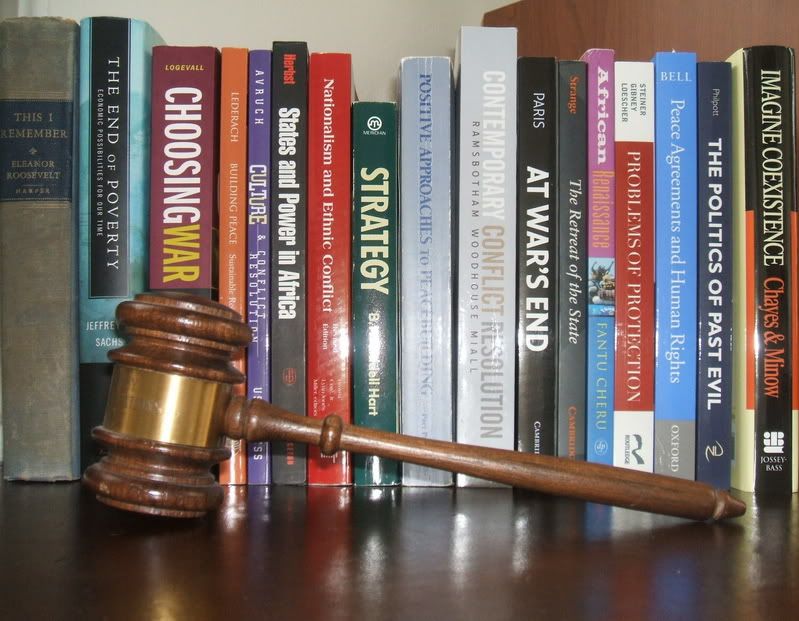My own bailout request
Frankly, this whole mess is so mind-numbingly confusing to anyone without a deep background in high finance that even a theoretically well-education person like me is left thinking, "So what's the real problem here? How did this happen? And why the hell do all us ordinary folk have to pay for it?" I still have no answers to these questions, and the legislation will move forward tomorrow. A great big thanks to all you legislative types for reaching out to your constituents. [Oh wait! MY congressperson can't vote! Of course...]
Meanwhile, in trying to wrap my head around the problems associated with this whole mess, these pieces (here and here) have been helpful on this particular morning. If I could remember where I found a well-formed argument about why the bailout is wholly unnecessary in its current incarnation, I'd link to that too. You'll note that I'm basically linking to conservatives here. This is because I agree with these guys on this point. We (the average schmuck) are spending a boatload of Chinese held dollars to bailout idiots who made bad decisions. And we get nothing.




